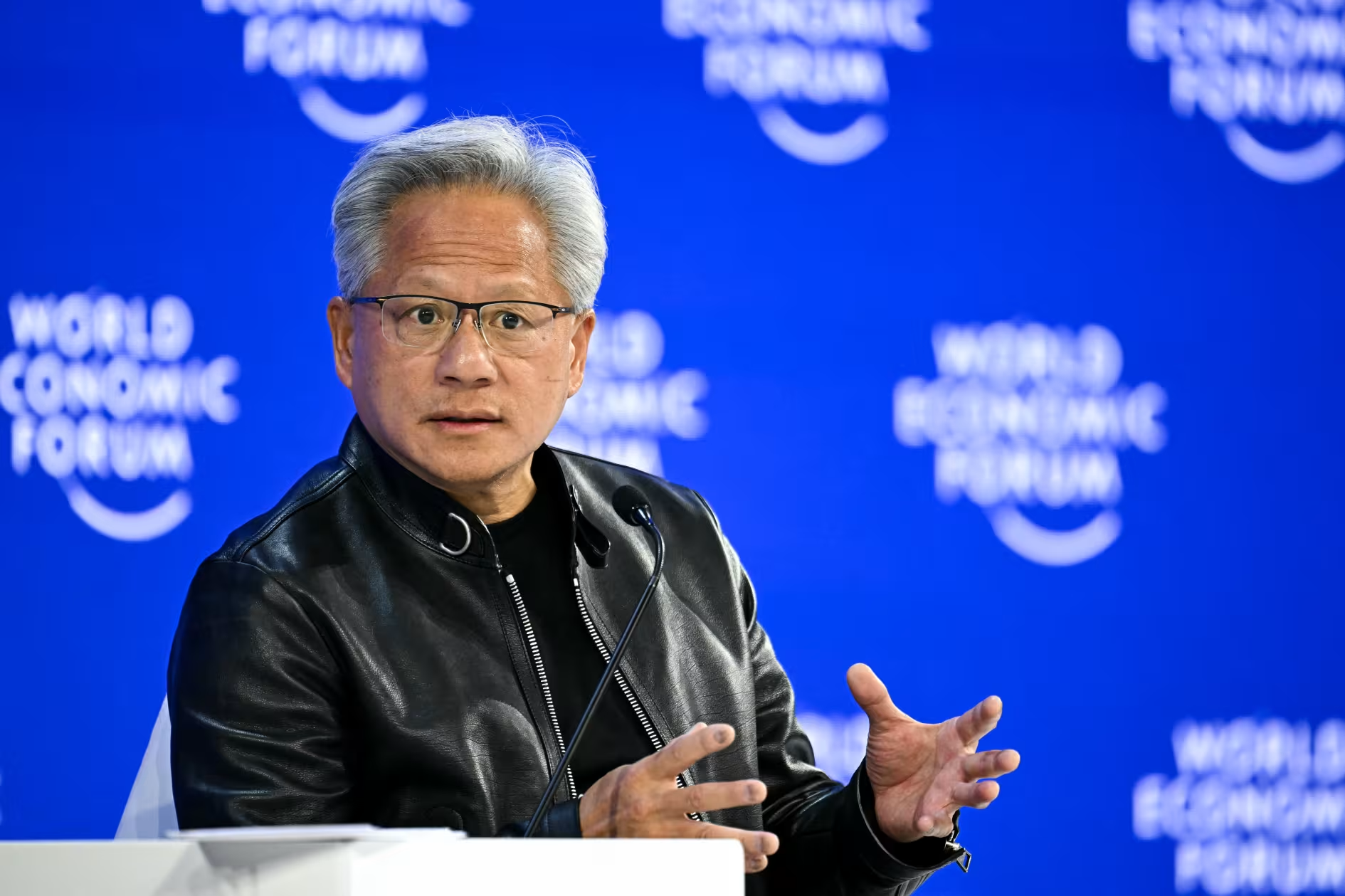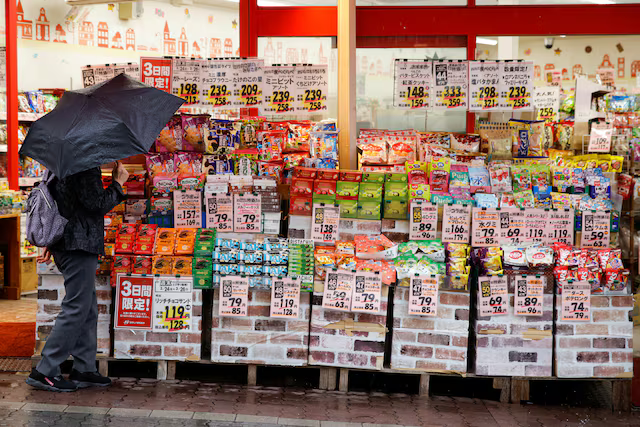Japan’s core consumer inflation accelerated in March, driven by persistent increases in food prices, official data showed Friday, Reuters reports.
The development adds a layer of complexity to the Bank of Japan’s (BOJ) upcoming policy decision, as the central bank weighs inflationary pressures against growing global economic uncertainties.
The core Consumer Price Index (CPI) — which includes oil products but excludes volatile fresh food prices — rose 3.2% year-on-year in March, matching market expectations and up from 3.0% in February. It marks the 36th consecutive month that inflation has exceeded the BOJ’s 2% target.
An even narrower measure, which strips out both fresh food and fuel — often used by the BOJ to gauge underlying inflation trends — climbed to 2.9% from 2.6% in February, reflecting broad-based price increases across the economy.
Prices for essentials such as rice surged dramatically, up 92.5% from a year earlier, while costs also rose for gasoline, accommodation, and various consumer goods. Goods prices overall increased by 5.6%, significantly outpacing the 1.4% rise in services.
The inflation data arrives ahead of the BOJ’s next policy meeting scheduled for April 30–May 1. The central bank is widely expected to keep its short-term interest rate steady at 0.5%, while potentially lowering growth projections amid increasing concerns about US trade policy.
Bank of Japan Governor Kazuo Ueda addressed parliament on Friday, noting that much of the recent rise in inflation is attributable to higher food costs, a trend he expects to ease over time.
“We will continue to raise interest rates if underlying inflation continues to accelerate to 2% as we project,” Ueda said. “But we will scrutinize without any pre-conception whether our forecasts will indeed materialize.”
Ueda cited uncertainties stemming from newly imposed US tariffs.
In March, President Donald Trump introduced sweeping tariff hikes, with average duties on Japanese goods rising to 16%, up from 2% at the end of 2024. Although the US has temporarily delayed implementation of some tariffs, key levies on steel, aluminum, automobiles, and a broad range of other goods remain in place.
Economists warn that the impact of these tariffs could slow global trade and dampen Japan’s export-driven economy. Oxford Economics has downgraded Japan’s GDP growth forecast by 0.2 percentage points to 0.8% in 2025, and by 0.4 points to 0.2% in 2026.
“The BOJ is likely to become far more cautious regarding policy rate hikes due to the weaker growth prospects and high trade policy uncertainty,” said Norihiro Yamaguchi, lead economist at Oxford Economics.
While strong inflation readings and rising wages have led markets to expect further rate increases from the BOJ, external risks may delay such moves. Analysts suggest that any slowdown in consumer spending, prompted by rising living costs and trade-related disruptions, could temper the bank’s tightening cycle.
Additionally, the recent rebound in the yen may help offset some import-driven price increases, potentially easing inflationary pressure in the months ahead.
Economist Takeshi Minami of Norinchukin Research Institute noted that food prices are likely to remain high for now, driven by global supply constraints and elevated import costs. However, he also suggested that the timeline for further interest rate hikes might be pushed to July or beyond.










The latest news in your social feeds
Subscribe to our social media platforms to stay tuned